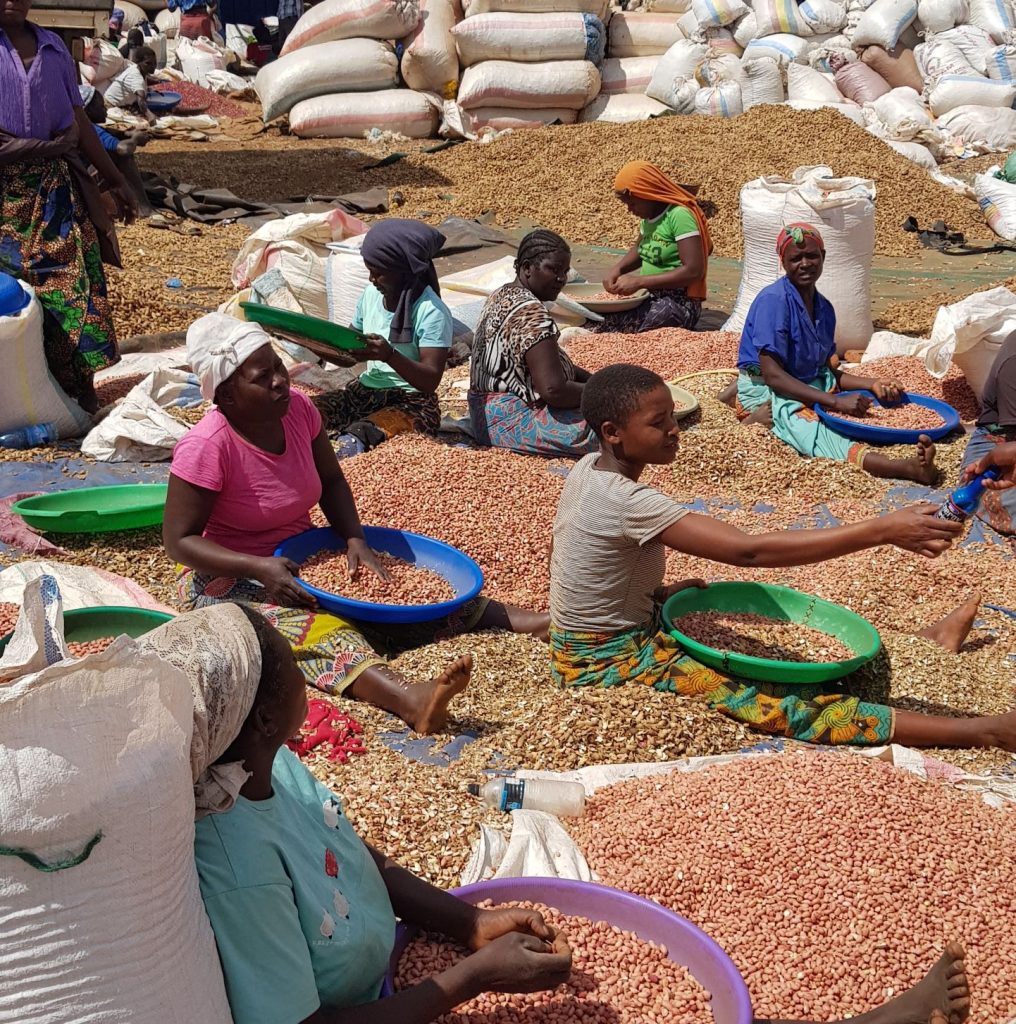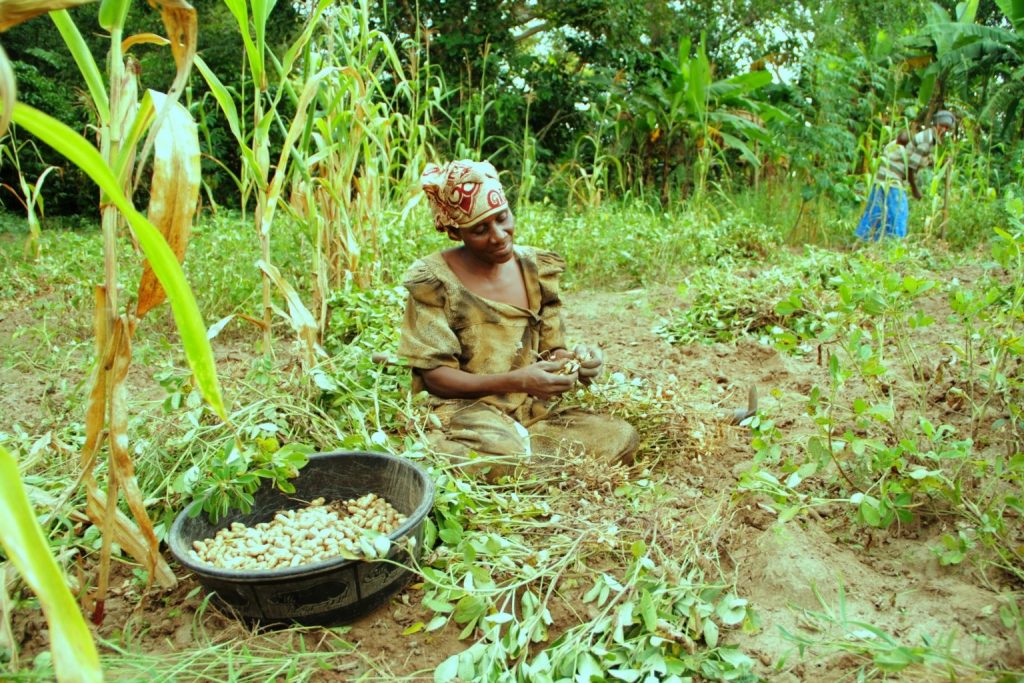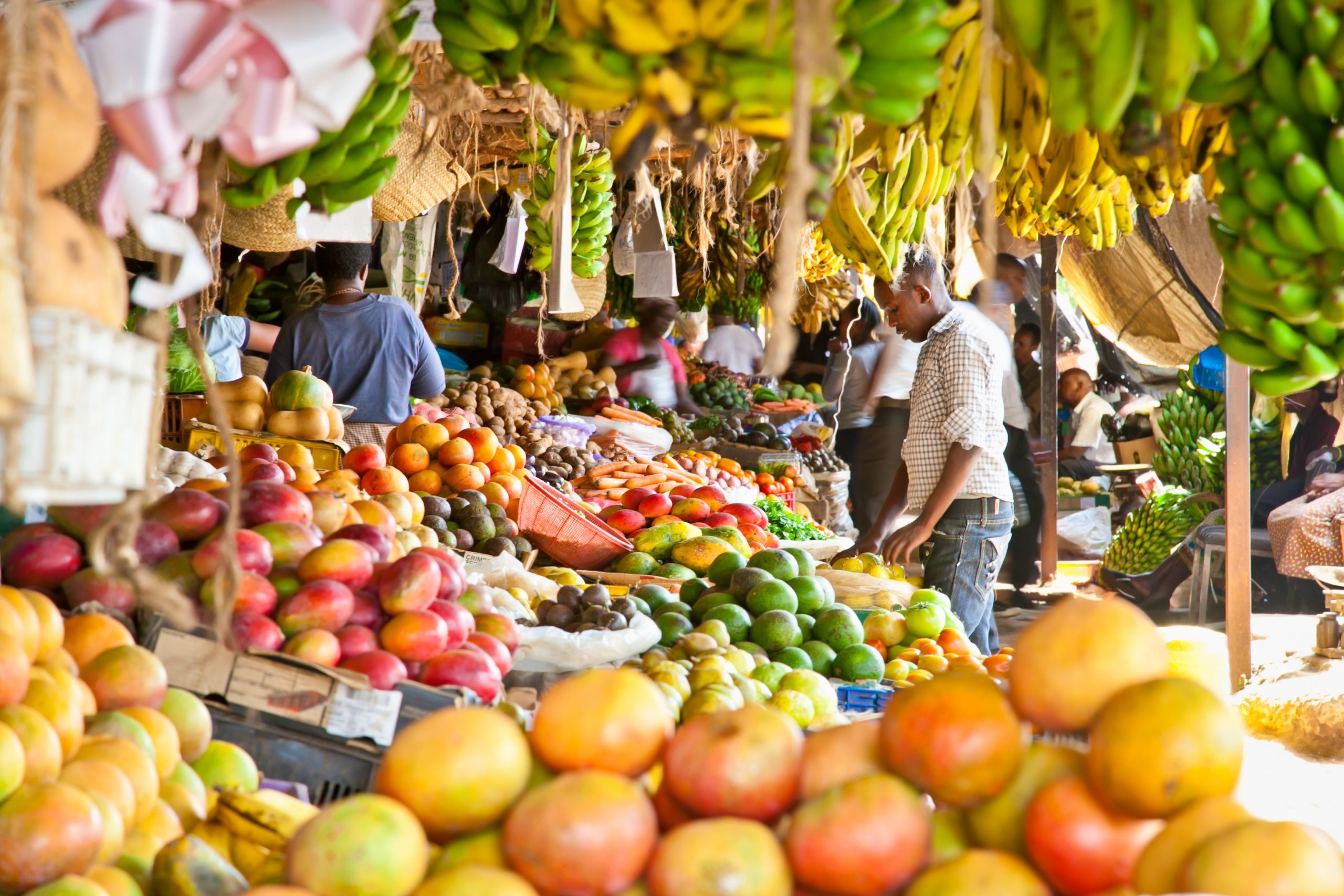Food systems in Africa are transforming at a rapid rate as a result of engaging in agricultural commercialization and demonstrating high levels of market participation.
However, while it’s important to encourage and drive change, it’s also vital to ensure such transitions are inclusive, equitable, and resilient.
To highlight challenges, assess options, and discuss potential strategies for success in transforming food systems to be more inclusive and sustainable, actors from across the sector gathered to discuss.
A variety of factors constrain those who are reliant on farming for their livelihoods – particularly smallholders, including women and youth – from stepping up or stepping into agriculture (for example, moving into commercialization), or are forcing them to step out of the sector altogether.
For too long, smallholders have been categorized as highly risk-averse, which has prevented larger actors from investing and working with them. Yet, this is a damaging misrepresentation, particularly as smallholders are now more engaged in agricultural commercialization and demonstrate higher levels of market participation than previously thought.
Despite this, it is larger companies and farmers that continue to be provided with greater access to resources and opportunities for growth – meaning they continue to lead the field in terms of resilience.
A series of recent e-Dialogues convened by the Agricultural Policy Research in Africa (APRA) Programme of the Future Agricultures Consortium (FAC), the UN Sustainable Development Solutions Network (SDSN), and Foresight4Food (F4F), have highlighted four key areas required for effective and successful food system transformation.
These are inclusive commercial opportunities; greater potential for farmers to use their products to ensure personal food security; better social protection for the most vulnerable; and an enabling environment for farming households to diversify into off-farm sectors for additional income.
While noting the importance of these factors, it is also crucial to understand how these actions can be implemented. As such the third discussion in the series focused on highlighting challenges, assessing options, and discussing potential strategies for success.

Overlooking the small but mighty
Whilst support is available for some smallholder farmers, typically in the form of financial handouts, these tend to be only a short-term measure. Yet it is long-term measures that are required for sustainable and lasting change – largely in the shape of policy reforms, or through “governments helping to create environments that allow smallholder farmers to participate in markets,” suggested Fred Dzanku, APRA Ghana country lead.
“There need to be changes to support inclusive food systems in a rural context,” stated Blessings Chinsinga, co-country lead for APRA Malawi and recently appointed Minister of Local Government. “Most currently aren’t inclusive, as policies and governance don’t take every actor into consideration.”
However effective support measures do not entirely rest upon policy. Providing smallholder farmers with access to technology, along with better fertilizer options and improved seed, will also enable them to maximize their yields and allow for greater market participation and commercialization.

Across the great gender divide
Despite many smallholder farmers being women, there continues to be a significant gender gap within the agri-food sector, with men gaining from many commercial opportunities.
While some women do engage successfully in different forms of commercial agriculture, existing policies and cultural norms continue to exclude or prevent them from fully participating and realizing their potential.
For example, when a husband dies, laws in some African countries dictate that women will lose the land overseen by the household – and this, in turn, greatly diminishes livelihood opportunities.
Economic constraints, such as a lack of access to financial and advisory services, also prevent large numbers of women from investing in their farming operations (though intensification, specialization, or diversification) and engaging in commercialization opportunities, both on- and off-farm.
Meanwhile, women are often not afforded opportunities to utilize new, productivity-enhancing technologies, thanks to being viewed as ‘incapable’ – meaning they are left behind as men push forward and reap the benefits.
“It’s about adapting technologies so they’re suitable for women,” noted Aida Isinika, APRA country lead for Tanzania. “People need to think about inclusivity, and providing women with access through different means, such as subsidies and credit facilities.”
To change the narrative about women’s capabilities and encourage greater gender equality, conversations need to occur at two levels.
Firstly, within the household, where the balance of labor needs to be addressed and men need to be sensitized. “It’s important to strengthen women’s agency within the household,” stated Loveness Msofi, a researcher for APRA Malawi – adding that women themselves need to recognize their importance just as much as men.
But shifts in attitudes also need to occur at a higher level, among government officials and other senior decision-makers.
For example, women should be afforded greater access to loans and subsidies, and policies reviewed so that their livelihood options are taken into greater consideration when a spouse dies.
Women could also be provided with more opportunities to join women’s groups (as this enhances access to inputs and services) and included in technology training to broaden their skillsets.
As Nalishebo Meebelo, Executive Director of the Regional Network of Agricultural Policy Research Institutes (ReNAPRI), noted: “Africa needs to work on the issue of cultural tendencies. We are going to keep talking about inclusivity for a long time unless we face the reality that our cultural tendencies are behind the practice of keeping women out of gainful activities in the agri-food system.”
A brighter outlook
While transformations within policy and societal attitudes may not occur overnight, Thomas Jayne, APRA Nigeria principal investigator, and Foundation Professor Agricultural, Food and Resource Economics at Michigan State University, observed that the future looks positive, thanks to the younger generation.
The number of people within Africa completing further education is at their highest ever levels – and these individuals will eventually step into positions of authority and make more informed and accountable decisions. “Education is a megatrend in the background that’s driving a lot of improvements,” he noted.
Dr. Janet Edeme, acting director of the Department of Rural Economy and Agriculture at the African Union Commission, added that APRA’s work is also a crucial factor in moving forward. “We need to look at how these [findings] can be ground in bigger conversations,” she stated. “Policy reforms at the national level haven’t moved beyond current agenda – but APRA’s policy findings will go a long way in changing this.”
Ultimately, stated Meebelo, we need to remember: “We’re in the 21st Century and there’s room for everyone to operate. Africa needs to continue looking at the big picture and understand the potential that sits in front of us.”

